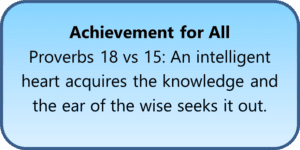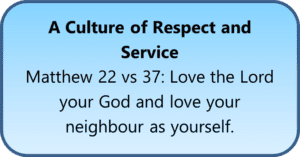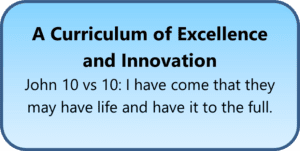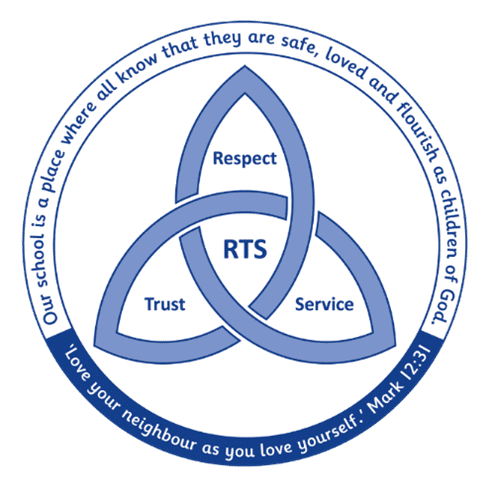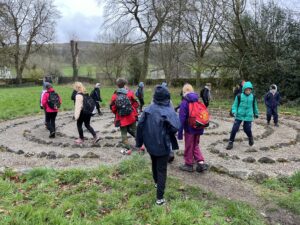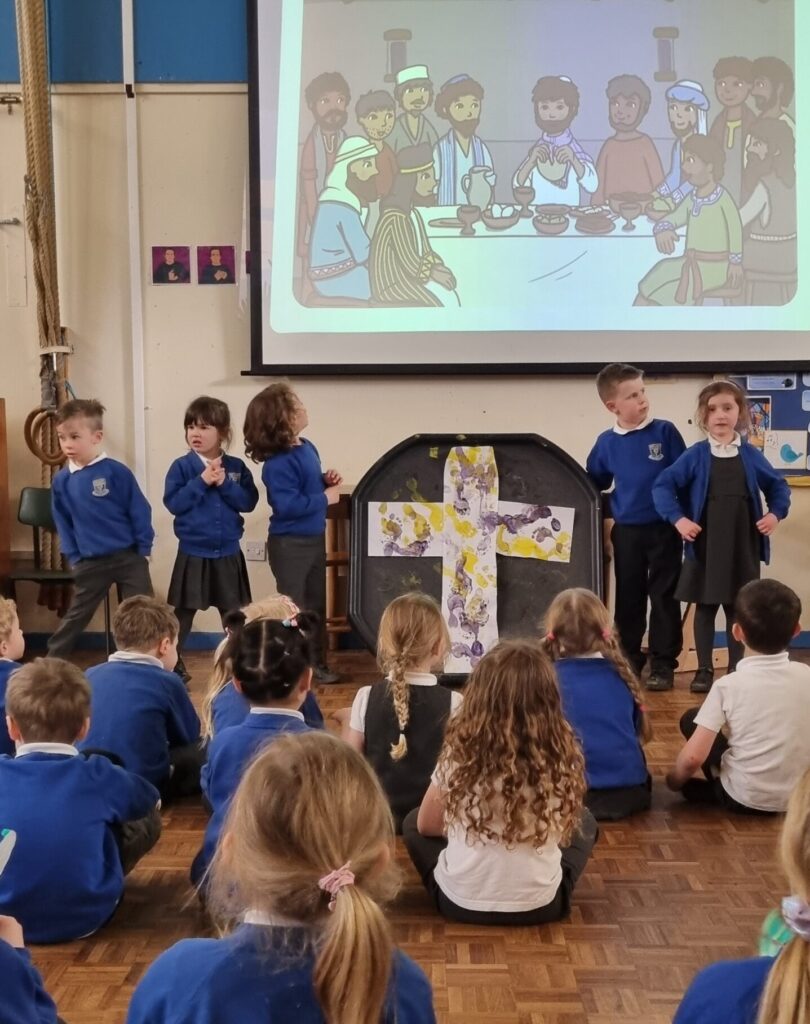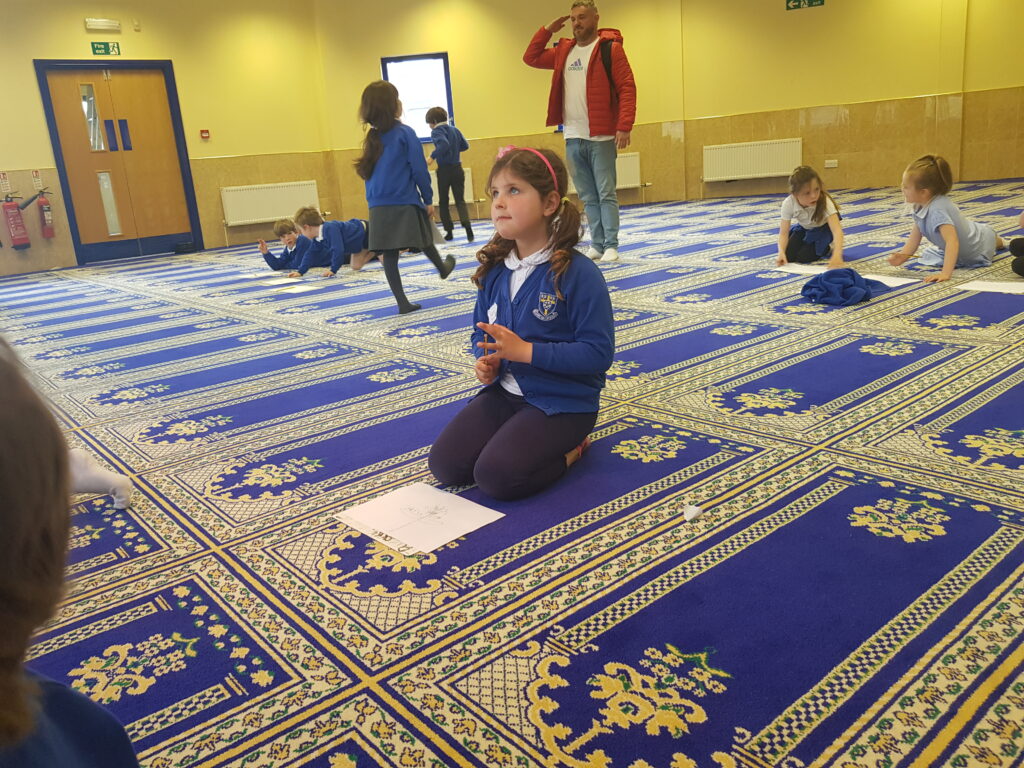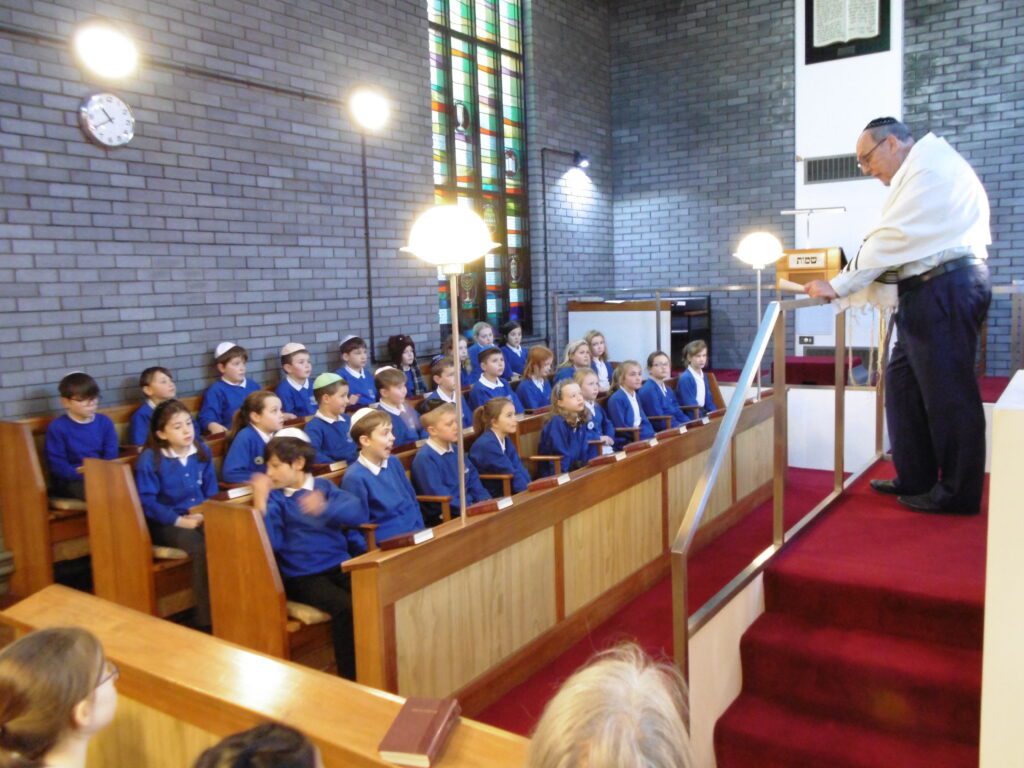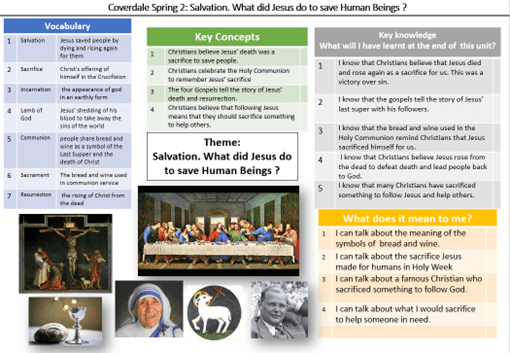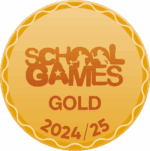Religious Education
We understand R.E. to be an essential part of our school’s curriculum, which will make a distinctive contribution to each child’s development, both individual and social. In R.E. we aim to teach about religion:
- to help children to understand what R.E. is and what it means to take a religion seriously.
- to develop a respect for moral and religious values.
- to promote tolerance and sensitivity towards others irrespective of their differences.
- to develop an awareness in the children of their own value as an individual and within our school community.
As a church school we aim to ensure that our Christian tradition is expressed through the values we hold, through the curriculum, the ethos of the School, our expectations of behaviour and concern for one another.
A time of worship takes place each day. Sometimes we meet as a whole school, sometimes as separate younger and older groups and sometimes as individual classes. As a school we attend St John’s Church at least 4 times a year.
The clergy of St John’s Church lead weekly acts of shared worship. Members of clergy from a wide range of local churches are also welcomed into school to lead acts of worship.
Parents have the right to withdraw their children from R.E. and assemblies, but Governors expect that in choosing a church school parents will support their children in taking a full part in the religious activities of the School, including R.E. and the daily act of worship.



